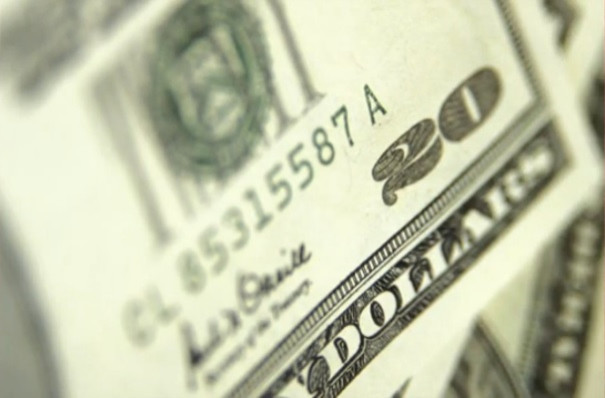Dollar Spikes On Non-US Demand, Liquidity Worries; Swiss Warn Washington To Get Its Act Together

The value of the dollar rose Tuesday as foreign banks and investors rushed to stock up on the greenback before the United States slams into its Oct. 17 deadline to raise the nation's legal debt limit. As the U.S. gets closer to that deadline, the premium that foreign financial institutions must pay to obtain the dollars they need to conduct business is rising sharply.
With no progress being made in Washington on the budget fight and a resulting partial federal government shutdown now in its eighth day, prospects that Congress will give the Obama administration authority to increase the national debt beyond its current legal limit were dimming.
The heart of the stalemate over the budget and the national debt limit is the Affordable Care Act, also known as Obamacare. Many Republicans in the House of Representatives are demanding that the administration accept a delay or a defunding of some or all of Obamacare. The president said on Tuesday he would not do that; likewise, the most conservative House Republicans do not appear willing to approve either a budget or raise the legal debt limit without delaying or defunding part or all of Obamacare.
Non-U.S. financial entities such as banks must have dollars, the world's reserve currency, to conduct business. The foreign exchange forward markets are seeing a spike in the premium that dollar contracts carry. On Sept. 5, for example, the dollar was worth $1.31 against the euro; on Tuesday, the dollar had jumped to more than $1.36.
"We're seeing a reasonably sharp move this morning -- nothing to get too scared about, but we are definitely starting to see some strains now," Chris Clark, rates strategist at broker-dealer ICAP in London, said to Reuters. "This isn't reflecting a change in risk outlook, or a major fundamental risk to the economy or financial system, but a liquidity crunch based around one particular day."
The big fluctuations in the global currency markets contributed to more international calls for Washington to settle its debt ceiling standoff.
Because the Swiss link their currency to the now-declining euro, Swiss officials are calling on Washington to end the debt ceiling standoff.
"I hope the the U.S. Congress will find a solution before the time limit," Thomas Jordan, chairman of Swiss National Bank, told Reuters. "We saw the last time it can really have very negative impacts on international financial markets."
© Copyright IBTimes 2025. All rights reserved.






















